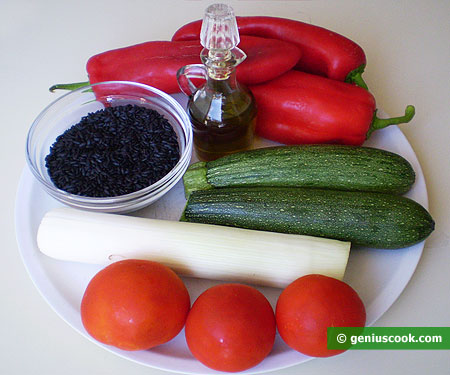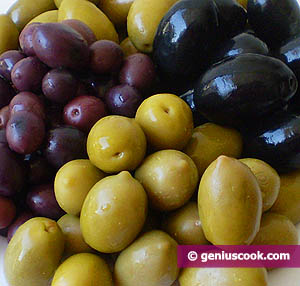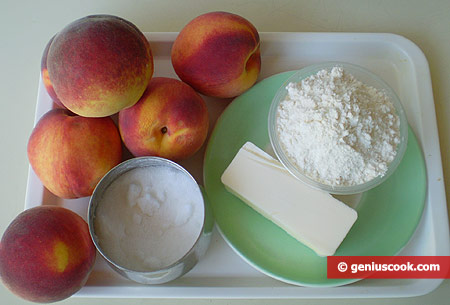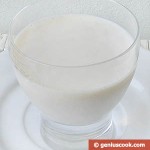Peach
 Peach is a juicy, delicious fruit. Yellow, orange, and sometimes red, peaches appeal to the eye and the most delicate appetites. The peach tree belongs to the Rose family. The peach is thought to be native to China. Italians were the first to grow peaches in Europe. It is a short, heat-loving tree with bushy crown. Ripe fruits are very juicy, with a thin silky skin and a little groove along one side. The stone is deeply wrinkled. Peaches are mostly eaten fresh, but they are also used in amazing desserts and processed into compotes, juices and jams. Peaches also make a good filling for sweet pies. This divine fruit has always been a symbol of longevity. But outside their sweetness, peaches have lots of health benefits.
Peach is a juicy, delicious fruit. Yellow, orange, and sometimes red, peaches appeal to the eye and the most delicate appetites. The peach tree belongs to the Rose family. The peach is thought to be native to China. Italians were the first to grow peaches in Europe. It is a short, heat-loving tree with bushy crown. Ripe fruits are very juicy, with a thin silky skin and a little groove along one side. The stone is deeply wrinkled. Peaches are mostly eaten fresh, but they are also used in amazing desserts and processed into compotes, juices and jams. Peaches also make a good filling for sweet pies. This divine fruit has always been a symbol of longevity. But outside their sweetness, peaches have lots of health benefits.
Health Benefits of Peaches
- Peaches improve digestion due to its high content of digestible fiber that regulates and promotes the function of stomach and inhibits decaying processes in the bowels.
- High potassium content makes them a good remedy against arrhythmia and other heart diseases.
- Peaches strengthen the immune system, helping to keep off harmful bacteria and viruses.
- Due to its magnesium content, they ease the pressures of stress and make us feel better.
- Peaches help accelerate metabolism.
- Iron in peaches help against anemia.
- Peaches keep the skin moisturized, smoothing out wrinkles and making the skin elastic. Fruit acids found in peaches help remove dead skin cells, which has a rejuvenating and bleaching effects.
Useful Substances in Peaches
- Organic acids: apple, quinic, citric, wine acids.
- Mineral salts: potassium, phosphorus, manganese, copper, zinc, selenium and magnesium.
- Vitamins: C, the B vitamins, В, Е, К, РР, carotene.
- Pectin and essential oils.
- Stones contain a bitter almond-oil and famous vitamin B17.
Note: Peaches are low in calories – 40 kcal/100 g. Eating just 3-4 peaches a season will help to lose some weigh and to get lots of vitamins and minerals.

Peach








